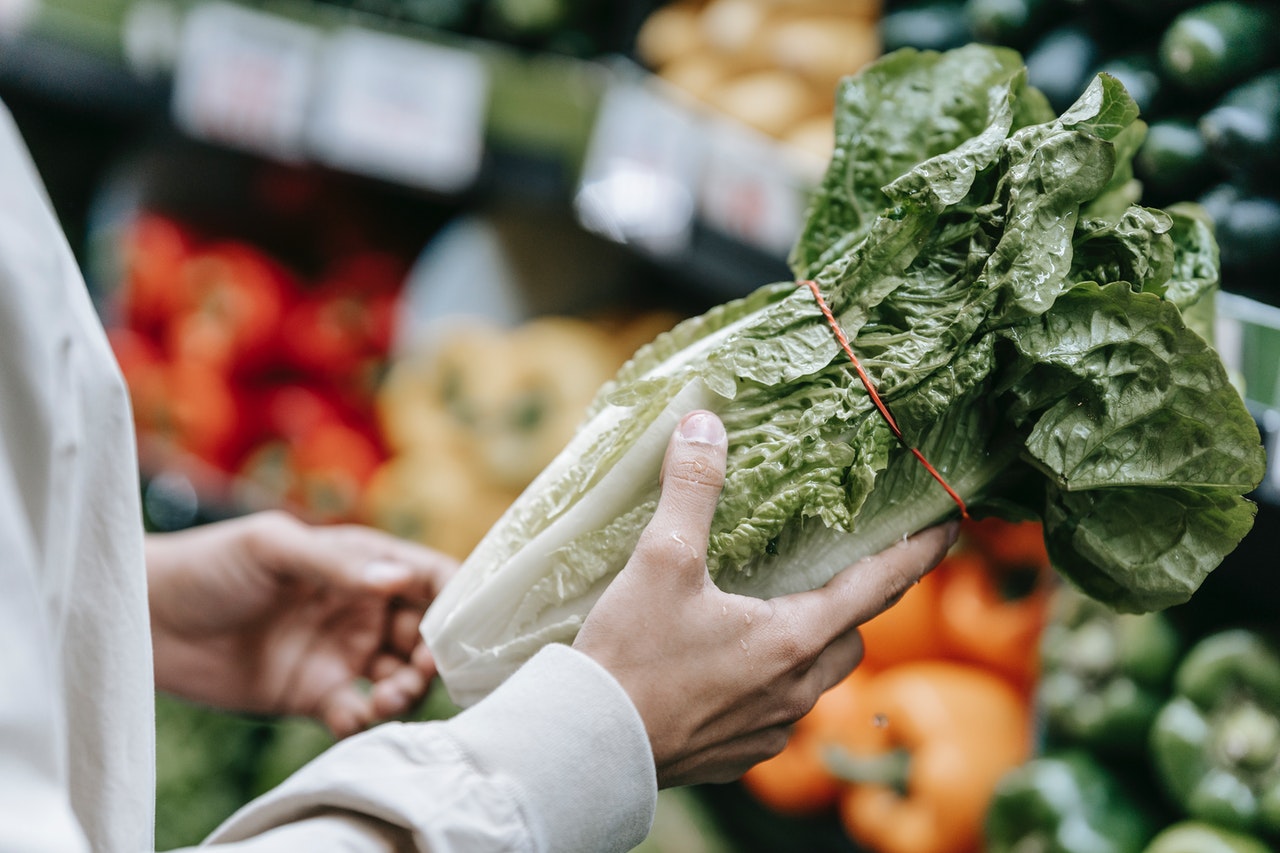Table Of Contents
Your weekly groceries are taking up a lot of your budget. Too much of it, if you’re honest with yourself.
Is that a bad thing? It’s not great. If you keep pushing the boundaries of your budget, you could accidentally drain your checking account before your next payday. If you were suddenly hit with an emergency expense, you might have no way to pay for it.
What Can You Do?
If you’re dealing with an emergency expense that you can’t cover right away, you can use a personal line of credit to cover it. Go to the website CreditFresh to see whether you qualify for a line of credit loan. You can send in an application and wait for a response on your approval status. With an approved line of credit, you can handle the emergency quickly and then focus on repayments later.
After that, you should make more room in your budget so that you don’t repeat the same mistake. Start by cutting your grocery spending. Here are five ways to do that.
How Can You Save Money on Groceries?
1. Plan Ahead
Stop going to the grocery store without a plan. You’ll end up spending more than you should because you’re picking up items on impulse.
Look up recipes and plan your meals for the week. Write down all of the ingredients you’ll need. Then, go through your cupboards, fridge and pantry to see what items you need to replenish. Are you running out of milk? Is the cereal box almost empty? Is your supply of chocolate far too low for your liking? Add these items to your list.
The final step is to bring that list to your next grocery trip and stick to it. You won’t waste money on impulse buys anymore.
2. Freeze Items
Most of your groceries have a very limited shelf-life. Your bread could start going moldy by the end of the week. Your bananas could get bruised and mushy within days. So many of your items will have a very limited shelf-life. If you don’t eat them in time, you’ll have to throw them out and buy more groceries.
Your freezer can help you avoid this expensive problem. Freezing items can extend their shelf-life for weeks — even months.
What are someitems that you can freeze?
- Meat, poultry, fish and seafood
- Butter
- Coffee grounds
- Bread
- Flour
- Nuts
- Seeds
- Stock
- Berries
- Bananas
3. Go Generic
Skip the big-name brands and put the generic items in your shopping cart. They will have the same ingredients but smaller price tags.
4. Use Coupons
Have you been shopping without coupons? You need to change that right now. Coupons can help you dramatically reduce the prices at checkout, whether you’re shopping inperson or online.
The only rule you should follow with coupons is to use them for items you need. Don’t buy a discounted item that you don’t like or need. That’s not a real deal. It’s a waste of money.
5. Use Rebate Apps
If you can’t save money when you’re at the cash register, get some back when you get home. Rebate apps like Ibotta, Rakuten or Checkout 51 will reward you for your purchases. All you have to do is take a photo of your receipt or scan a bar code to prove you purchased a specific item. Once that process is complete, you’ll get cashback in your account.
These changes will help you shrink your weekly grocery bills and put money back in your pockets.
Saving money on groceries is a practical and effective way to manage your finances more efficiently. To achieve this, start by establishing a clear budget that outlines your spending limits. Next, create a well-thought-out shopping list based on your planned meals for the week to avoid impulse purchases.
Take advantage of opportunities to buy in bulk for non-perishable items and compare unit prices to ensure you’re getting the best value. Coupons, digital discounts, and loyalty programs offered by stores can also contribute to substantial savings. Opt for generic brands, explore sales and clearance sections, and limit dining out to further reduce your food expenses. Meal preparation at home not only saves money but also reduces food waste. Finally, make use of cashback credit cards or rewards programs if available to earn additional savings on your grocery purchases. These simple strategies can make a significant difference in your overall budget while still allowing you to enjoy delicious and nutritious meals at home.
When it comes to managing your finances, cutting costs on groceries is a practical step. SterlingSavvy, a versatile financial tool, can play a significant role in this process.
With SterlingSavvy, you can set up a budget that includes your grocery expenses, ensuring you stay within your financial limits. It also helps you keep track of your grocery spending over time, giving you insights into where you can trim unnecessary expenses.






